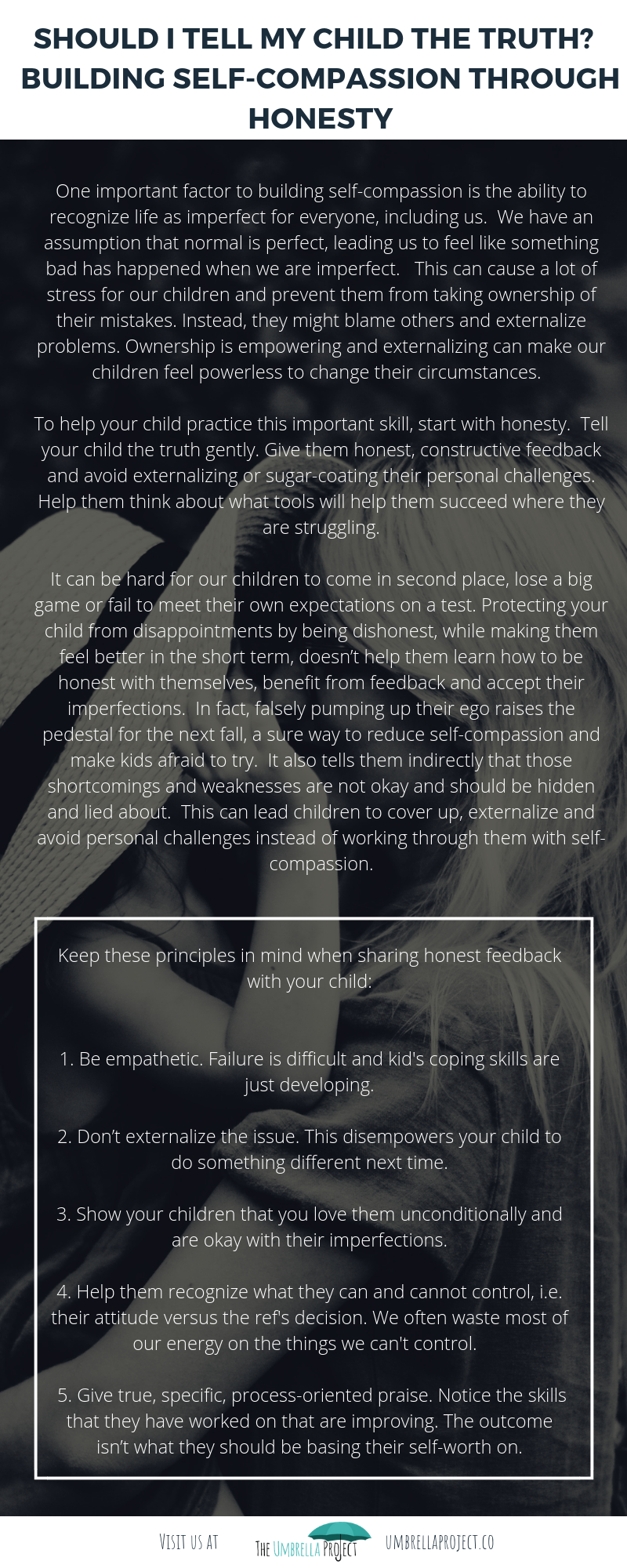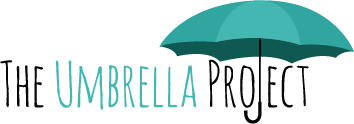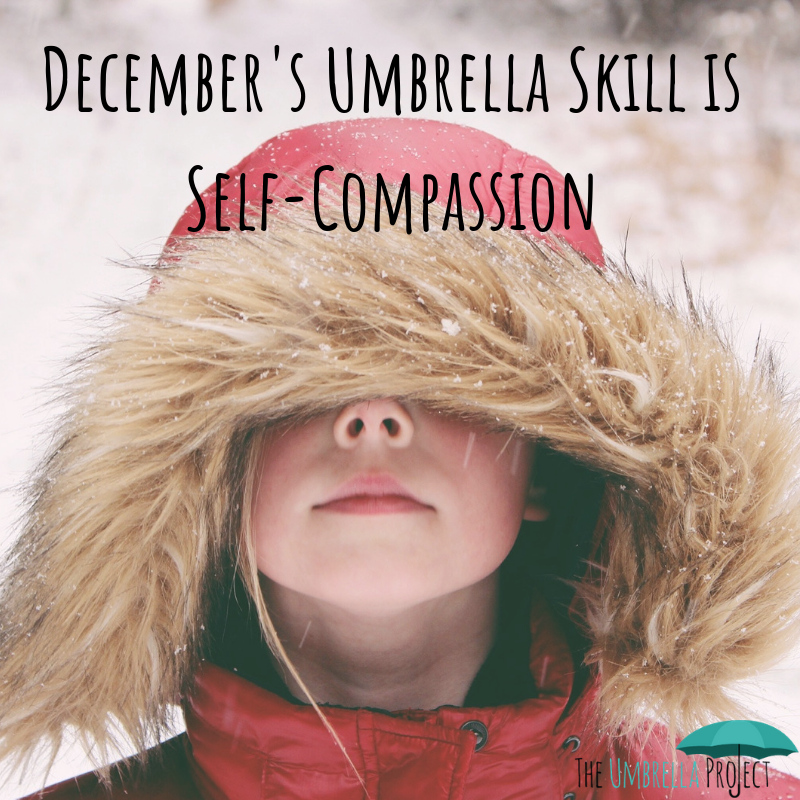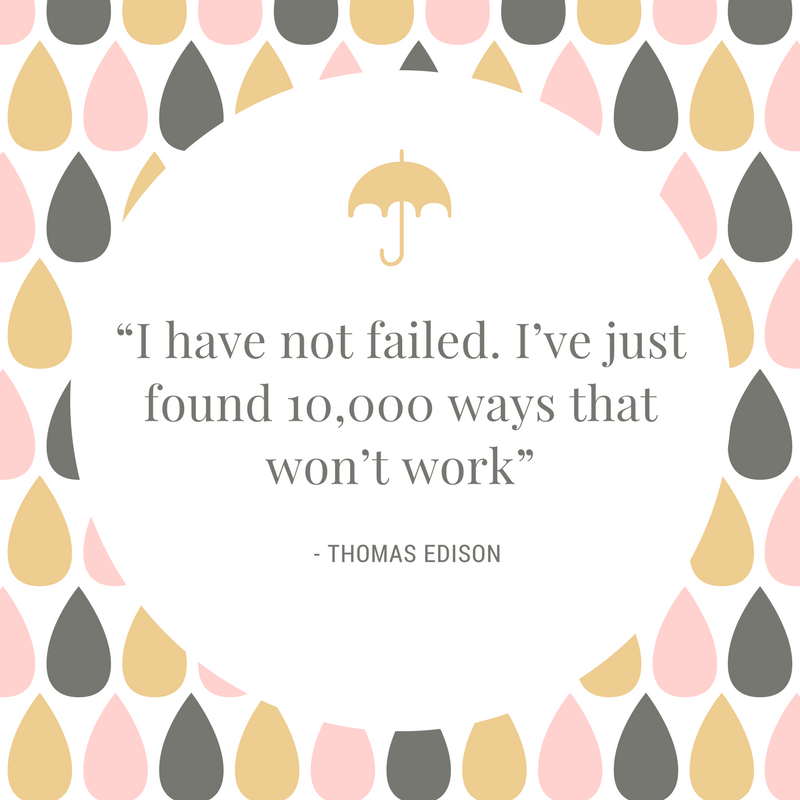
Should I Tell My Child the Truth? Building Self-Compassion Through Honesty
Download your PDF copy of this infographic by clicking HERE.
One important factor to building self-compassion is the ability to recognize life as imperfect for everyone, including us. We have an assumption that normal is perfect, leading us to feel like something bad has happened when we are imperfect. This can cause a lot of stress for our children and prevent them from taking ownership of their mistakes. Instead, they might blame others and externalize problems. Ownership is empowering and externalizing can make our children feel powerless to change their circumstances.
To help your child practice this important skill, start with honesty. Tell your child the truth gently. Give them honest, constructive feedback and avoid externalizing or sugar-coating their personal challenges. Help them think about what tools will help them succeed where they are struggling.
It can be hard for our children to come in second place, lose a big game or fail to meet their own expectations on a test. Protecting your child from disappointments by being dishonest, while making them feel better in the short term, doesn’t help them learn how to be honest with themselves, benefit from feedback and accept their imperfections. In fact, falsely pumping up their ego raises the pedestal for the next fall, a sure way to reduce self-compassion and make kids afraid to try. It also tells them indirectly that those shortcomings and weaknesses are not okay and should be hidden and lied about. This can lead children to cover up, externalize and avoid personal challenges instead of working through them with self-compassion.
Keep these principles in mind when sharing honest feedback with your child:
1. Be empathetic. Failure is difficult and kid’s coping skills are just developing.
2. Don’t externalize the issue.This disempowers your child to do something different next time.
3. Show your children that you love them unconditionally and are okay with their imperfections.
4. Help them recognize what they can and cannot control, i.e. their attitude versus the ref’s decision. We often waste most of our energy on the things we can’t control.
5. Give true, specific, process-oriented praise. Notice the skills that they have worked on that are improving. The outcome isn’t what they should be basing their self-worth on.


